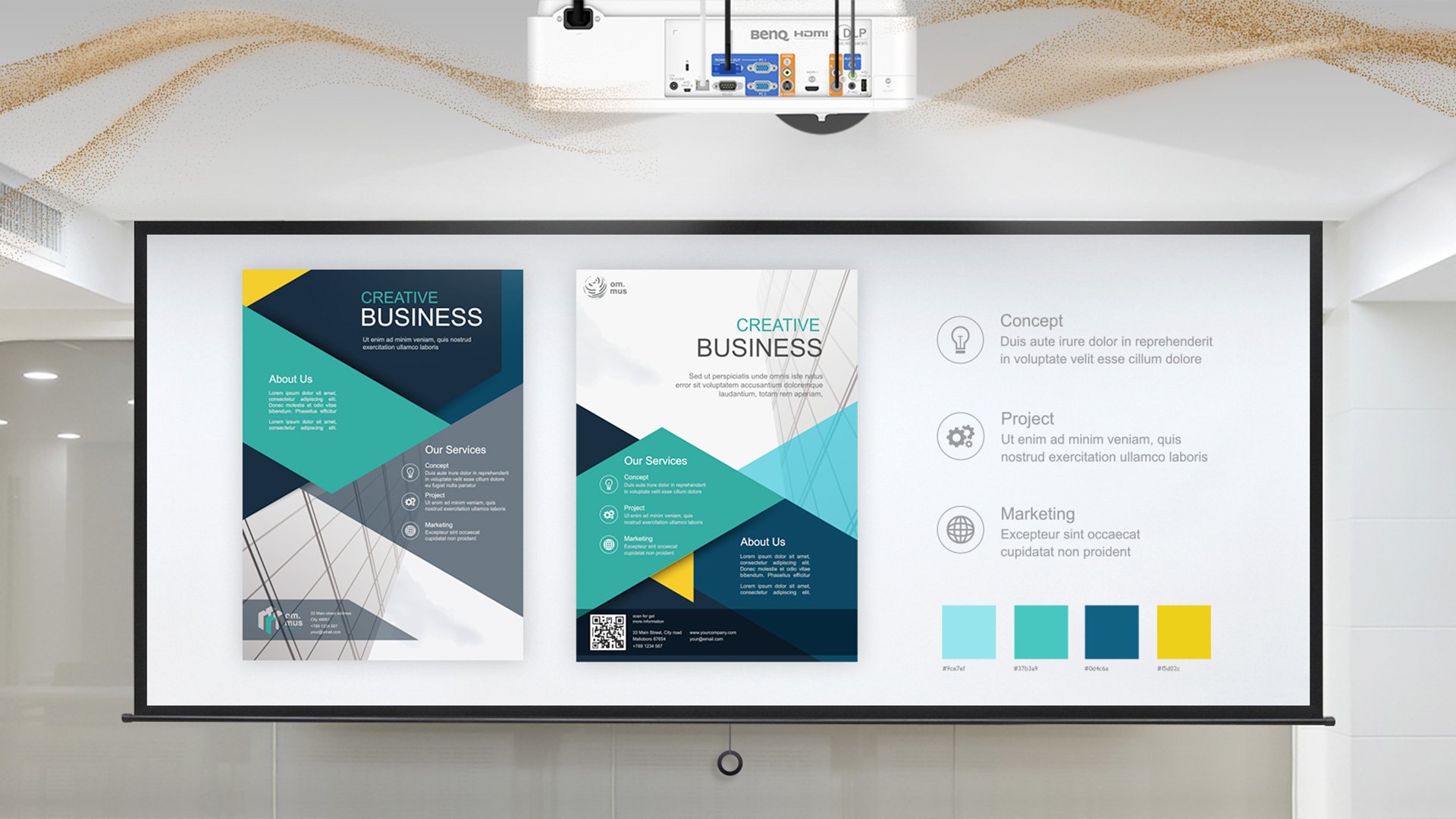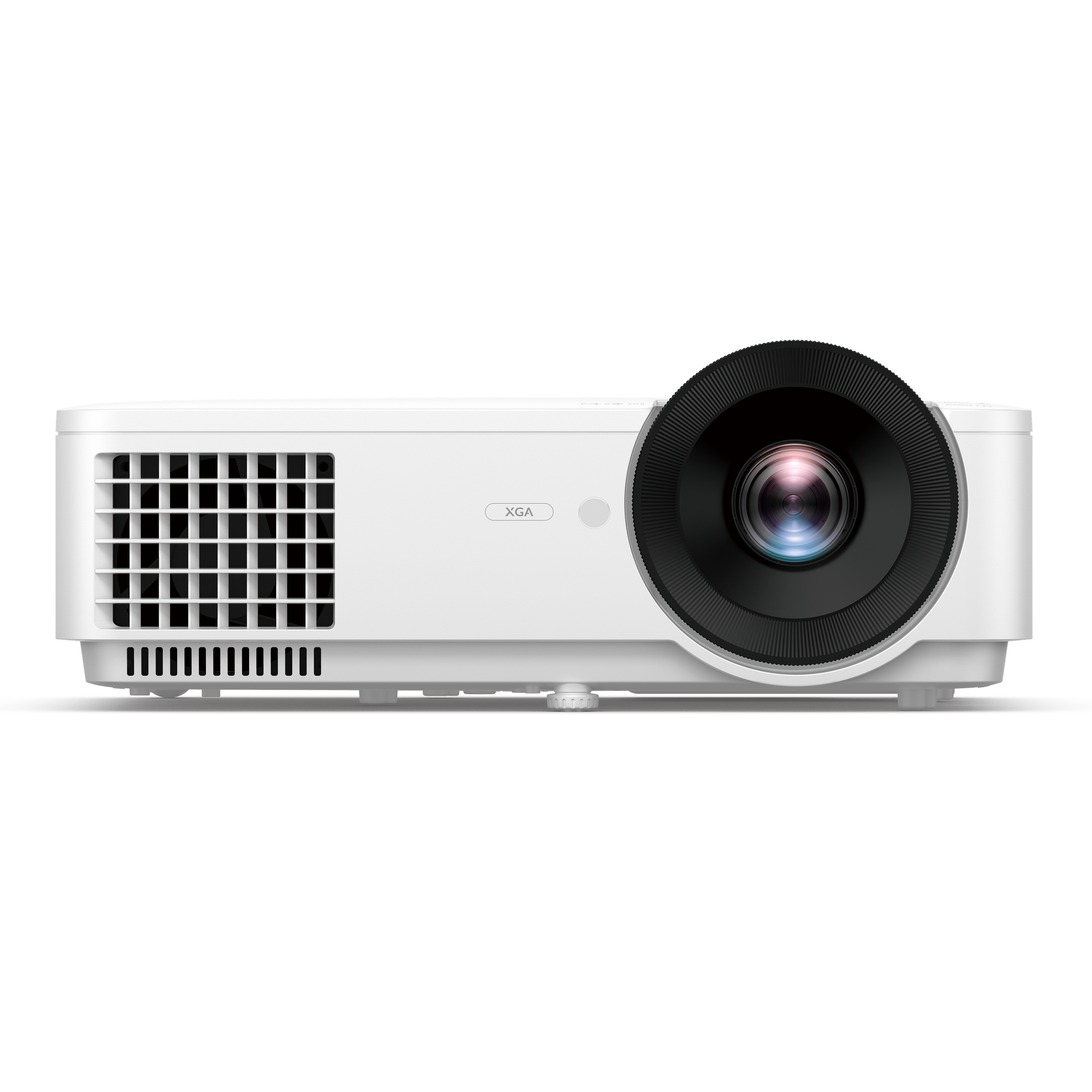What 4000 lumen projectors are popular in classrooms?


If you are a school district IT manager or CIO who is looking for their next generation of classroom displays, you are probably looking at the latest 4000 lumen projector offerings from top brands. With the introduction of affordable laser projectors and sealed engines, they are much different than the traditional lamp-based projectors used in the past. This article explores the differences you may want to consider when looking at three popular models: BenQ LW720, Epson PowerLite 109W, and Casio XJ-S400W. These projectors all have key similar features, as well as derivative models, such as the BenQ LW720, which is also available in a short-throw lens version called the LW820ST.
What do these projectors have in common?
Classrooms need bright vibrant projectors that can be easily read when the lights are on – or when natural light is coming through the windows. All three of these 4000 lumen projectors are designed for classroom environments. They also feature multiple HDMI inputs, WXGA resolution, and have the ability to be managed via a wired network.
Different Light Source – Lamp vs. Hybrid Laser vs. 100% Laser
Epson 109W - Traditional Mercury Lamp
The Epson 4000 lumen projector uses the same types of lamps that have been used over the last decade. It makes the initial cost of the projector less expensive but requires replacing over time. These lamps have the shortest life span and lose brightness faster than laser or hybrid technology. To replace the lamp in the Epson projector, there is a 9 step process and may require a ladder to reach the projector. School districts also need to consider when to purchase replacement lamps (and how to store them), since they can be stolen and easily re-sold. Also, since these lamps contain mercury, they may need special handling for disposal, especially if broken.
Casio XJ-S400W - LED / Laser Hybrid
The Casio 4000 lumen projector uses a proprietary hybrid light source that combines both laser and LED light sources. This technology has the advantage of eliminates the risk of mercury used in a traditional lamp and does not need to be replaced. These light sources are less expensive than a 100% laser solution but this design has usage limitations that schools should keep in mind. While the hybrid light is rated to 20,000 hours, if there is extended use more than 5 days per week and ten hours per day, the light source is only warranted for 6000 hours.
BenQ LW720 - 100% Laser Light
The BenQ 4000 lumen projector uses a 100% laser light source engine, which is ideal for higher brightness projectors. According to Futuresource, nearly 85% of solid-state light projectors from over 25 different brands worldwide used this design in 2019 for projectors generating between 3500 and 6000 lumens. The BenQ projector is rated to 20,000 hours with no usage limitations, enabling the projector to stay brighter over a longer period of time compared to a traditional lamp.
Different Technology – DLP vs. LCD
The two most common technologies used in projectors are either DLP technology from Texas Instruments or LCD technology. While both create award-winning images, the DLP technology used by the BenQ and Casio models is based on the same technologies used in 8 out of 10 digital cinema theaters. Texas Instruments rates their chips to 100,000 hours and this means your projector will not turn yellow over time. The other advantage is that it is easier to keep dust away from critical components without using a filter.
Is Filter Cleaning still needed?
The Epson Powerlite 109W is the only projector of the three that require filter cleaning. According to the manual, this should be done regularly – and that waiting until the warning light goes off could expose the projector components, including the lamp, to high heat exposure. Because a dirty filter could cause the lamp life to shorten, filter cleaning is an important part of maintaining the projector. To clean the projector, the filter needs to be removed and vacuumed with a computer vacuum or a paintbrush.
Filter Free Options & IP5X Certification
Because both the BenQ and Casio models use DLP technology, their engineers can create a filter-free projector to eliminate the need for regular filter cleanings. The BenQ LW720 model goes one step further in creating a completely sealed dust-proof engine that has passed the rigorous IP5X testing for dust contamination - just like the latest version of the Apple Watch.
How do these brands rank in the market?
All three projectors come from well-known brands in the projector industry and have been selling to schools for over a decade. Because an education projector will require the company to support the product over the years, IT managers want to know they will be supported over time. According to Futuresource, in 2019 BenQ is the #1 projector brand in education selling DLP projectors, Epson is the #1 brand selling LCD projectors, and Casio is the #5 selling brand using DLP technology.
Which one is right for your classrooms?
For school districts looking for a highly reliable, no-maintenance projector solution for their classrooms, consider the BenQ LW720, selected by Spring ISD in Texas as their next generation projector. This projector offers protection from yellowing with its DLP technology, excellent color accuracy, and no filters or lamps to clean - saving thousands in operational costs over its lifetime. While it is more expensive than the Epson lamp projector, you will no longer have to purchase, store, or dispose of mercury-based lamps - and avoid the labor cost of replacing them. The projector can also be used 24/7, which enables you to teach night classes in these rooms without worrying about usage restrictions in your warranty.



